Our broadcast consulting team advises media outlets, networks, and digital media companies on a variety of aspects of their business. We evaluate existing production technology and workflows to staffing levels and expansion plans. Many of our consulting engagements are with domestic companies, but we’ve also provided broadcast consulting services in foreign countries.
In 2015, our team spent some time in Karachi, Pakistan to consult on the build-out of a broadcasting and journalism school. The scope of work for this project was similar to other projects with domestic organizations, but there were some key differences that we needed to take into consideration. Here are some of our key takeaways after consulting in a foreign country.
Language Barriers & Terminology
The ability to communicate and articulate your needs is crucial to the success of any consulting engagement. When consulting in foreign countries, it’s important to share a common language or have a translator with an understanding or background in production. Lucky for us, most of our contacts in Pakistan spoke English.
If you’re fortunate enough to share a common language, you must still make sure you’re clear on production terminology. Europeans like to call switchers a ‘vision mixer’ (which, honestly, is kind of catchy) – it’s a small, subtle difference, but it’s important to make sure you’re on the same page. Don’t make assumptions. Double-check with your contacts that you’re talking about the same piece of equipment or that you’re aligned when talking about workflows.
Cultural Differences
When consulting in foreign countries, be sure to educate yourself on your client’s culture. This can be important in successfully communicating with them and help you to avoid committing any embarrassing faux pas. Also, find out how they prefer to communicate. While email is often the default in the States, your client may prefer phone calls or instant messaging. And be sure to account for time zone differences in your communications.
Study up on major cultural and religious holidays. This may impact your ability to get timely responses or cause delays in your timeline.
And be sure to talk to your client about subtle things, like control room layouts. They may prefer configuring things differently than you’re used to. Don’t make assumptions based on how things are traditionally done at home.
Equipment & Tools
When we toured the broadcasting school in Karachi for the first time, it was mid-construction. One of the biggest surprises was seeing how the facility was being finished. All by hand. Meaning none of the construction workers were using power tools. This was a different sight for our team, but not abnormal in the local setting.
Do not expect construction to move at the same pace at which you’re used to.
Infrastructure
When consulting in foreign countries, it’s important to plan for redundancies to the best of your ability. Things that we take for granted – like reliable power and internet service – are not guaranteed in certain regions. It’s important to plan for this in advance, and have a contingency for when you’re without power or internet.
If you’re looking for broadcast consulting services – domestically or abroad – contact us any time.
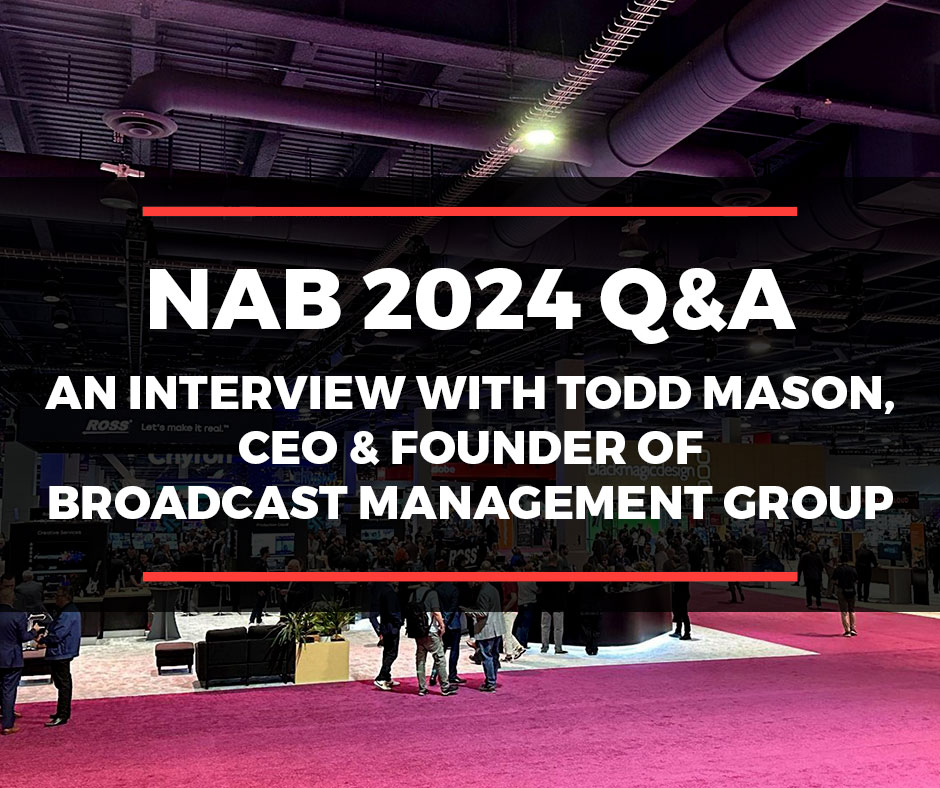
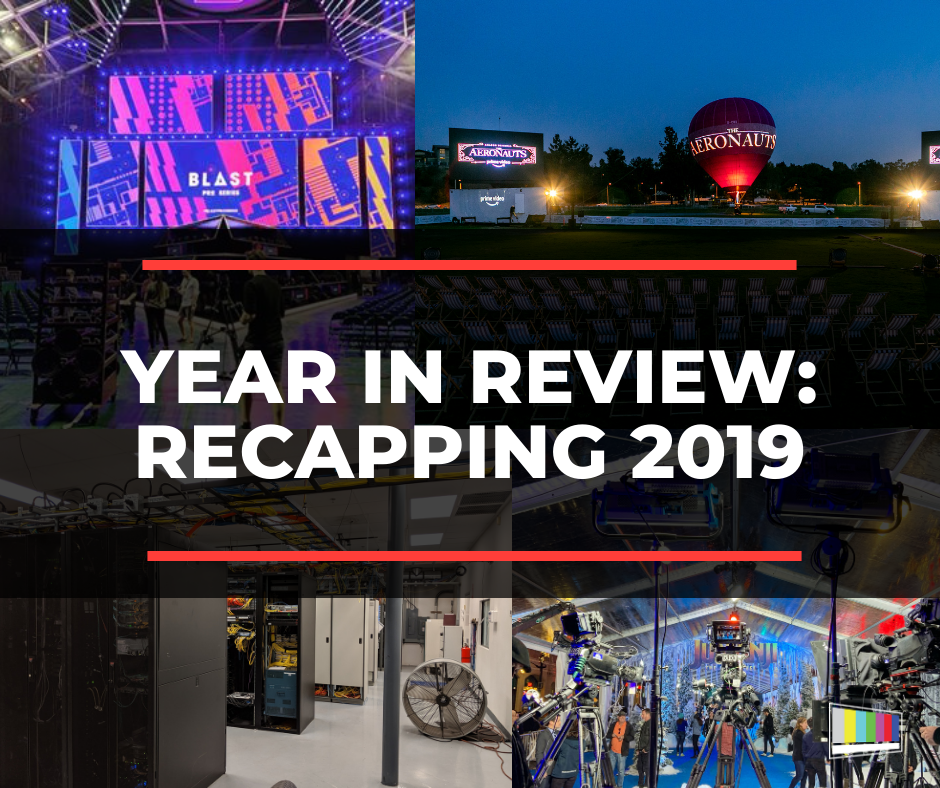
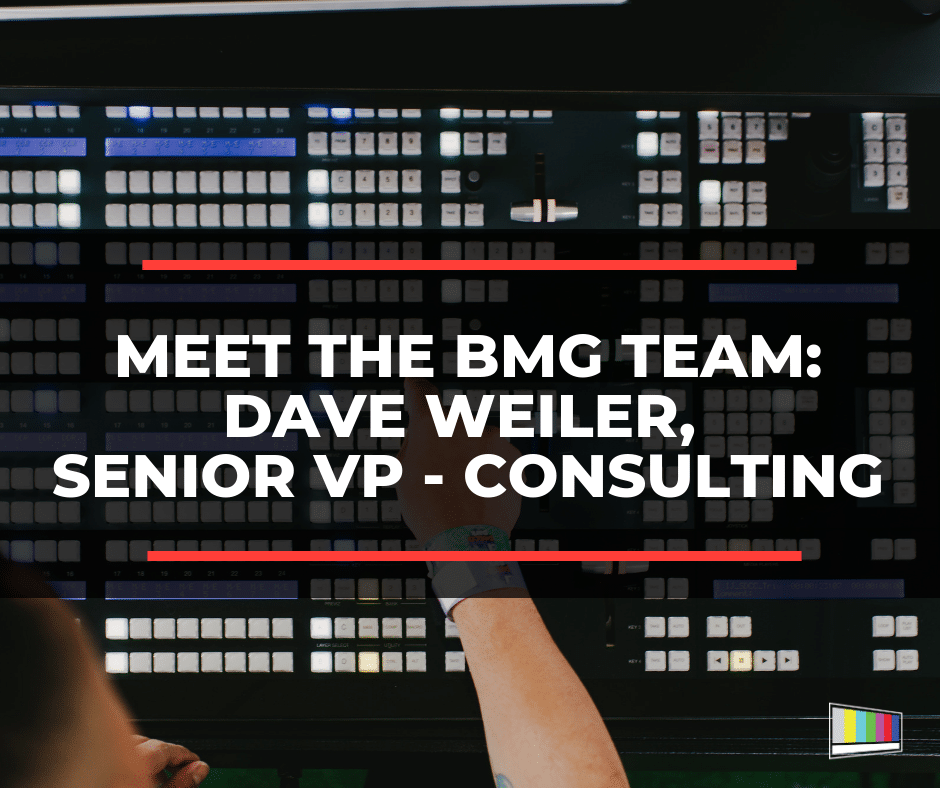
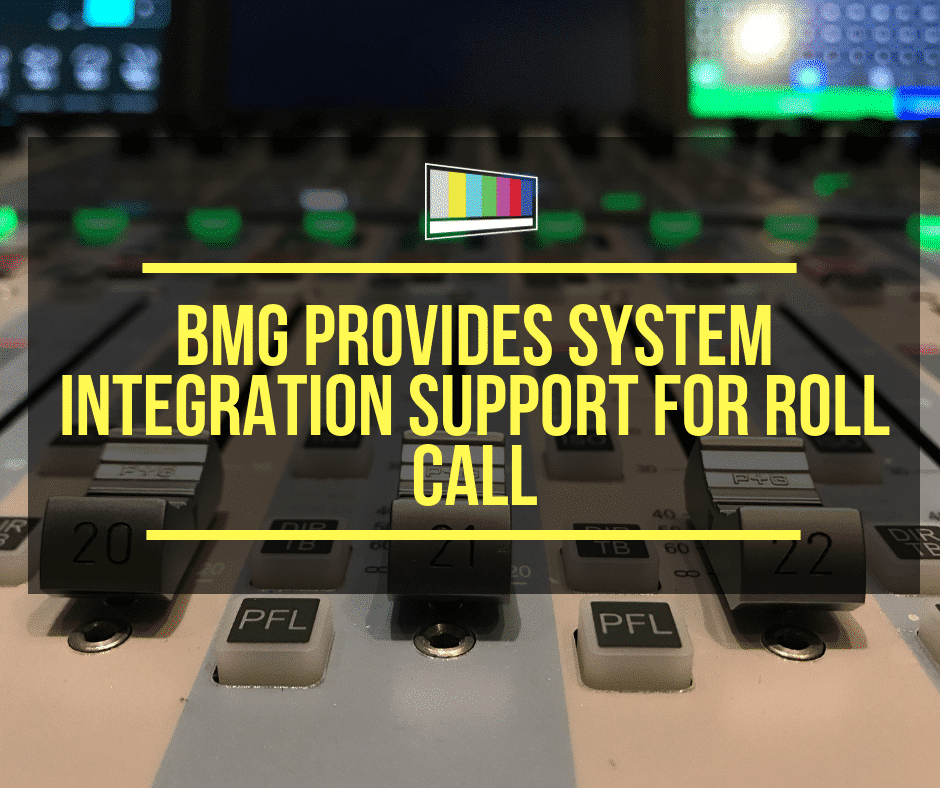
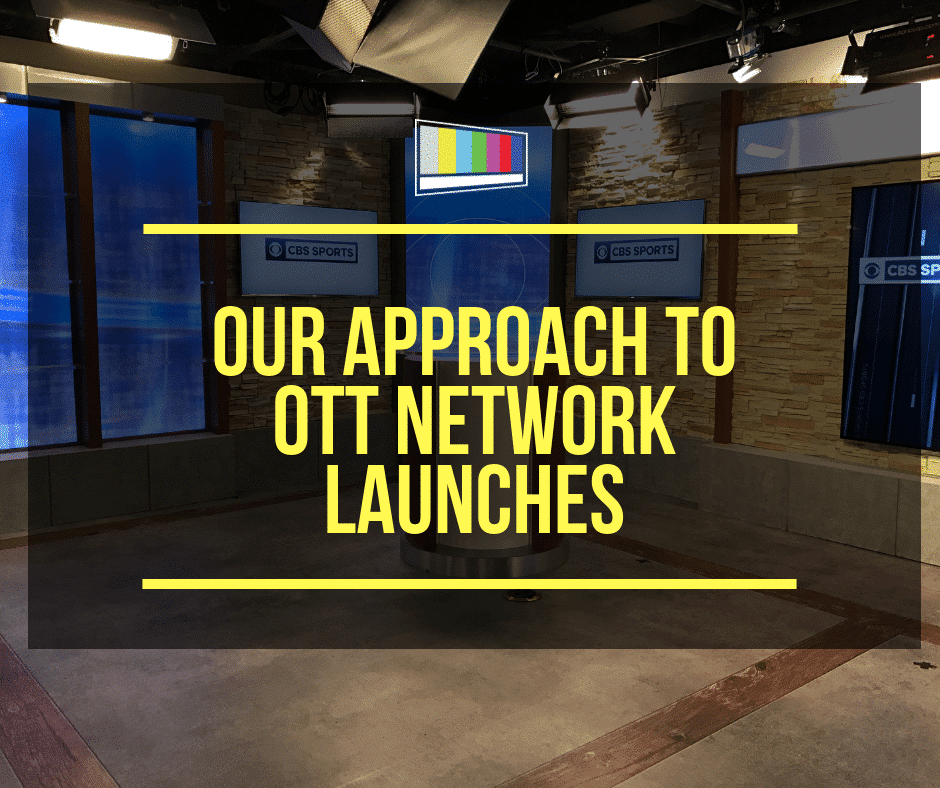








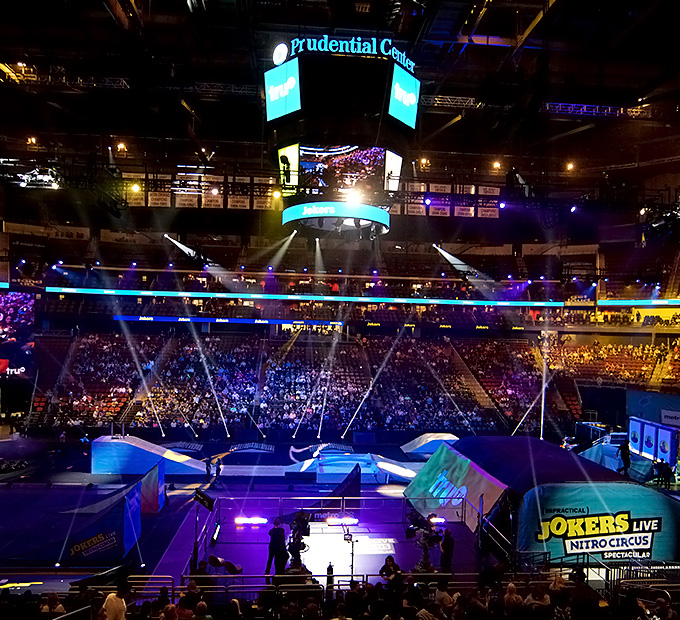





Leave a Reply